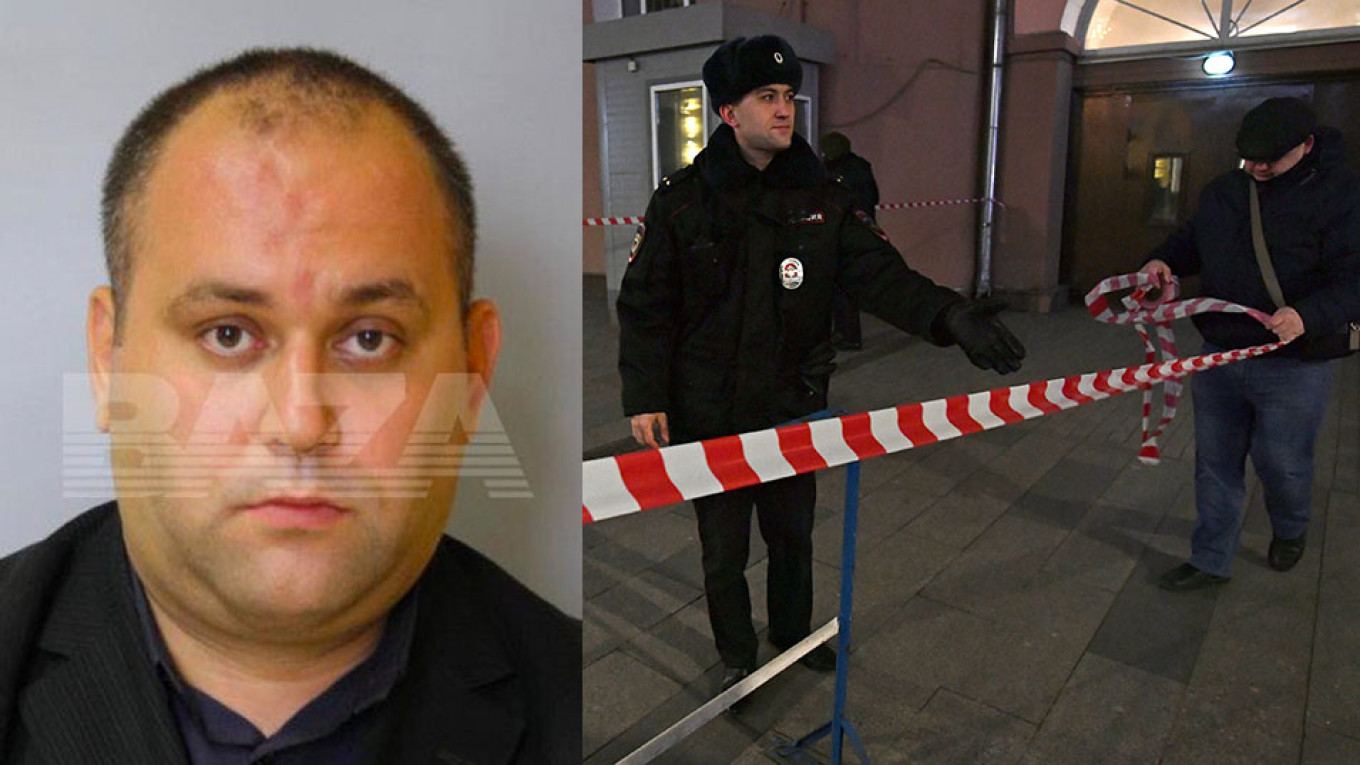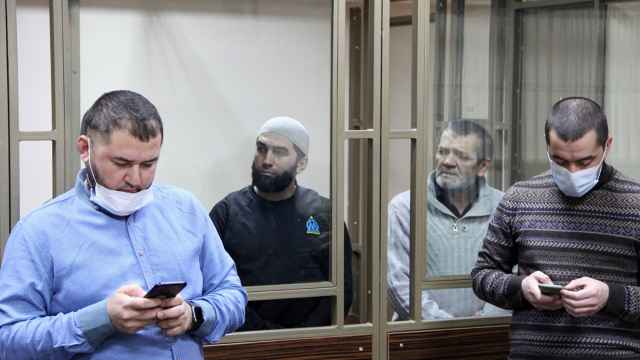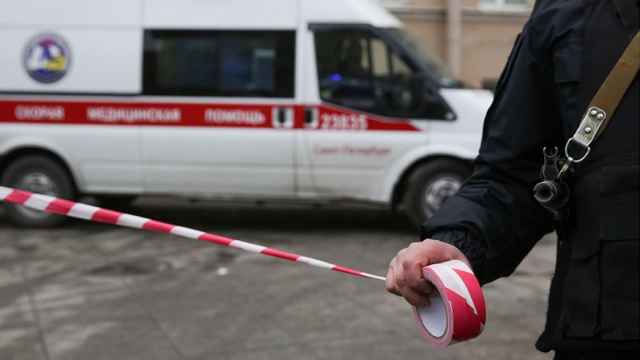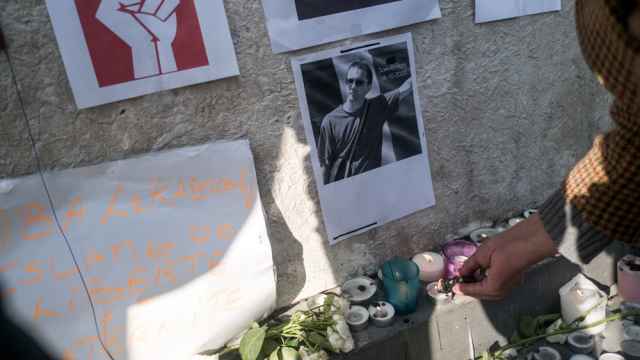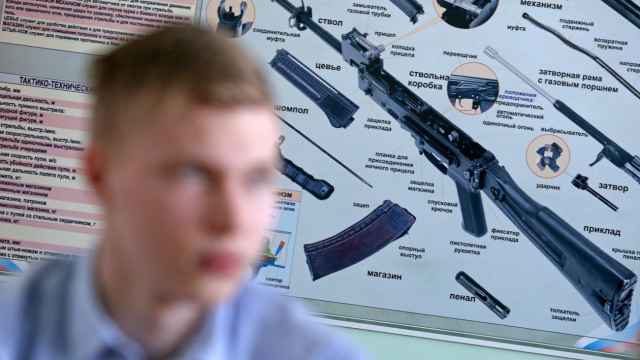The story of the Lubyanka shooter, the man who embarked on what must have been a suicide mission in the heart of Moscow, is still unrolling, and one minute’s consensus can easily become old news the next. We will no doubt learn much more about Evgeny Manyurov and his possible motivation, but in the meantime one aspect of the case which struck me, while fielding numerous press queries, was how far they often reflected a continuing gap between the images of Russia so many outside journalists still have and the realities on the ground.
What follows will likely not surprise any readers who know Russia through their own experiences, and is certainly not directed at the excellent corps of journalists in Moscow, both Russian and foreign. It is, perhaps, more a very small-scale ethnography of a still-common Moscow of the mind and of the meme.
1. The Lubyanka is not a fortress. As anyone who has walked past its façade knows, the Lubyanka is distinctly light on armed guards at the doors, gates and secure perimeters. There are the by now ubiquitous blocks there to prevent the building being rammed by a vehicle, and always a distinct density of DPS traffic police who might not be traffic police after all, but otherwise there is nothing to prevent anyone entering. Even when artist and political activist Petr Pavlensky set light to one of the Lubyanka’s doors one night in 2015, all they did was fit a new door. In this respect it is more like MI5’s Thames House headquarters than MI6’s rather more showy Vauxhall Cross building, enclosed as it is within a cage of bars, gates, cameras and armed guards.
Of course, go beyond the doors and the anteroom within is where the real perimeter security begins, as Manyurov apparently discovered. Whether because it can rely on its formidable reputation — this was a building in which, back in the darkest Soviet days, “enemies of the people” were tortured to death in its basements, or gunned down in its courtyard – or to make a point about being part of the nation, the FSB, like the KGB, does not hide from view.
2. Not all Russian terrorism is jihadist, and not all jihadists are from the North Caucasus. Perhaps the most depressing press inquiry I fielded — I’ll spare the journalist’s blushes and keep them anonymous — was when Manyurov’s name was already being circulated, along with the suggestion that as his father’s name is Fatih, he was of part-Tatar extraction. Along with claims (so far unconfirmed) that he had shouted Islamist slogans during the attack, the journalist was assuming this was a jihadist incident, but was confused: “but he doesn’t have the beard.”
“The beard.” Oh dear.
Of course, there have been serious terrorist attacks from the North Caucasus and, yes, many of them have big beards. But of late, just as serious a challenge has come from radicalized Muslims from Central Asia such as the 2017 St. Petersburg metro attack. Furthermore, as in the West, terrorist attacks from other quarters are a serious but often neglected problem. The closest parallel to the Lubyanka attack was, after all, in 2017, when a lone gunman shot and killed two people in an attack on the FSB HQ in Khabarovsk; he was a neo-Nazi.
3. The Russian security forces are not all thugs and cowards. Admittedly this is much more a theme one will encounter on social media, but in the modern information era that also bleeds into the assumptions of non-specialist journalists.
The fact that this incident was locked down pretty quickly, that civilian deaths were averted, and that police officers rushed to the scene without waiting for specialist armed-response units seems to have taken some people by surprise.
Although it is certainly true that Russian rules of engagement can be more permissive than those of many other services – although more people die from police bullets in the USA than Russia — and there are serious problems of violence, corruption and abuses, but nonetheless I have been struck by similarities more that differences between police of various nations. Whatever the uniform or even the system, to a considerable extent, a cop is a cop, regardless.
In short, for an admitted minority of journalists — but a far larger minority than I honestly would have expected – their assumptions of this story has been as much driven by expressions of Orientalism, the relentless ‘othering’ of countries such as Russia, exaggerating and concentrating on real and assumed cultural differences.
This case is clearly a tragedy, for the victims, for Manyurov’s family and even for Manyurov himself – no one was born wanting to die in a suicidal attack — but also a strikingly familiar one. A man who appears to have been as unlucky in love as in business; a loner still living with his mother; a failure in life fascinated by guns, presumably for the sense of near-magical power they conveyed on the chronically powerless. Sometimes such “lone wolves” — an unfortunate phrase as it conveys a degree of feral glamour – gravitate to religious causes, sometimes political ones, sometimes incoherent conspiracy theory-fuelled paranoias.
The shooter may have been a Russian, wielding a Russian gun, targeting a Russian institution, but the story is a universal one. This, as much as anything else, ought to remind governments in Moscow and the West that they need to go beyond their empty platitudes about deep cooperation against terrorism, and actually revive this area of common interest.
A Message from The Moscow Times:
Dear readers,
We are facing unprecedented challenges. Russia's Prosecutor General's Office has designated The Moscow Times as an "undesirable" organization, criminalizing our work and putting our staff at risk of prosecution. This follows our earlier unjust labeling as a "foreign agent."
These actions are direct attempts to silence independent journalism in Russia. The authorities claim our work "discredits the decisions of the Russian leadership." We see things differently: we strive to provide accurate, unbiased reporting on Russia.
We, the journalists of The Moscow Times, refuse to be silenced. But to continue our work, we need your help.
Your support, no matter how small, makes a world of difference. If you can, please support us monthly starting from just $2. It's quick to set up, and every contribution makes a significant impact.
By supporting The Moscow Times, you're defending open, independent journalism in the face of repression. Thank you for standing with us.
Remind me later.



